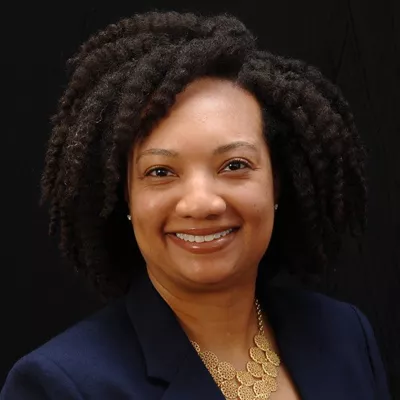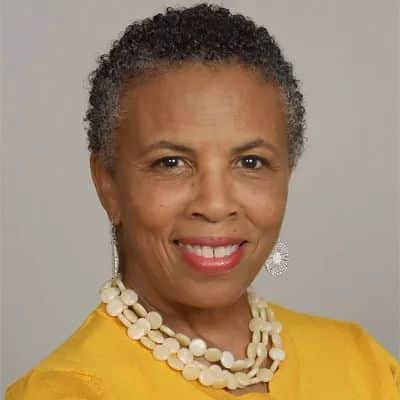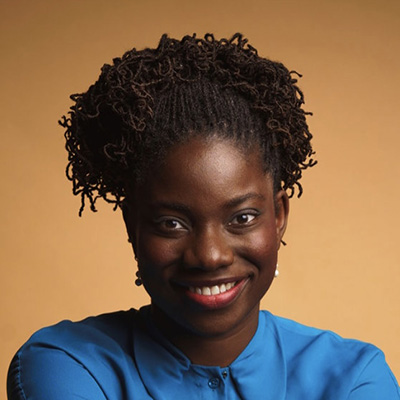Well-known for their anti-slavery views, Quakers began to migrate to the slave-free territories in the 19th century. As they migrated out of the South, Quakers emancipated and traveled with their newly freed slaves. Once settled, the sect continued their abolitionist cause by supporting the Underground Railroad – transporting runaway slaves to free states. In turn, free blacks established their own settlements, while still maintaining ties with the Quaker community.

Already a member? Log in









You should receive a confirmation email with a link to the webinar soon.
You’ll also receive a reminder both the day before and one hour before the webinar begins.
Didn’t receive a confirmation email?
You successfully registered for %s.
You should receive a confirmation email with a link to the webinar soon.
You’ll also receive a reminder both the day before and one hour before the webinar begins.
Didn’t receive a confirmation email?
To ensure a smooth, high-quality webinar experience, check the quality of your internet connection.
On the day of the webinar, connect 30–40 minutes before and turn off any background software. If you can’t tune in live, you can view the recording later in the Webinar Library. If joining via a mobile device, be sure to first install the free GoTo app.
Questions? Contact us or read our FAQ.
It looks like you’re already registered for this webinar
You can register for another webinar.
Didn’t receive a confirmation email?
It looks like you’re already registered for these webinars
You can register for another webinar.
Didn’t receive a confirmation email?
Something happened on our end, sorry about that
We were unable to complete your registration.
Please try again later.



 Syllabus
Syllabus
 Chat Log
Chat Log
Wonderful! Thank you so much!
Judy Whipple
Excellent and informative information for all researchers of African American genealogy.
Answered a lot of questions that I had.
Ari is so knowledgeable when it comes to Quaker information.
Full of great information. Interesting topic. Love this presenter
Very informative. Ari is informative and is a real detective.
I appreciate the resources shared during this webinar. Thank you!
EXCELLENT information and insight into the Friends and their mission in behalf of African Americans.